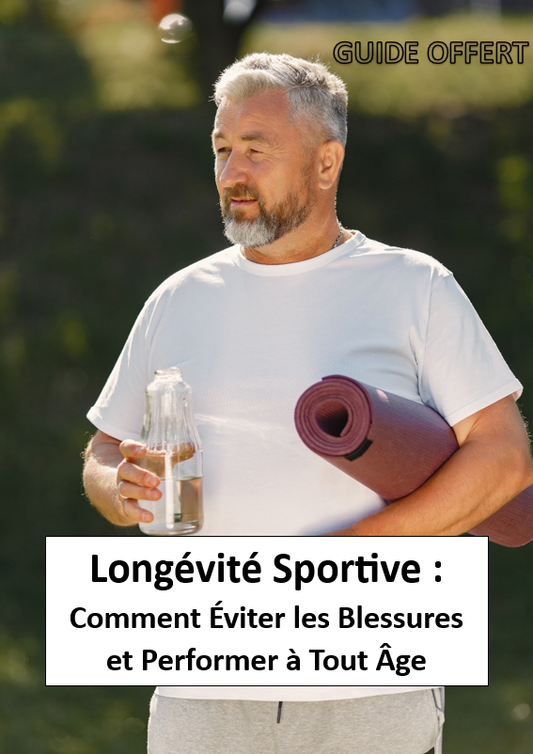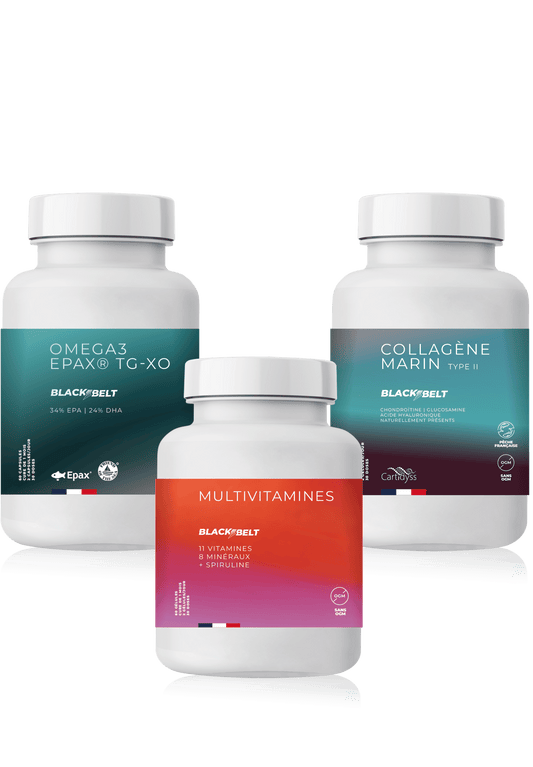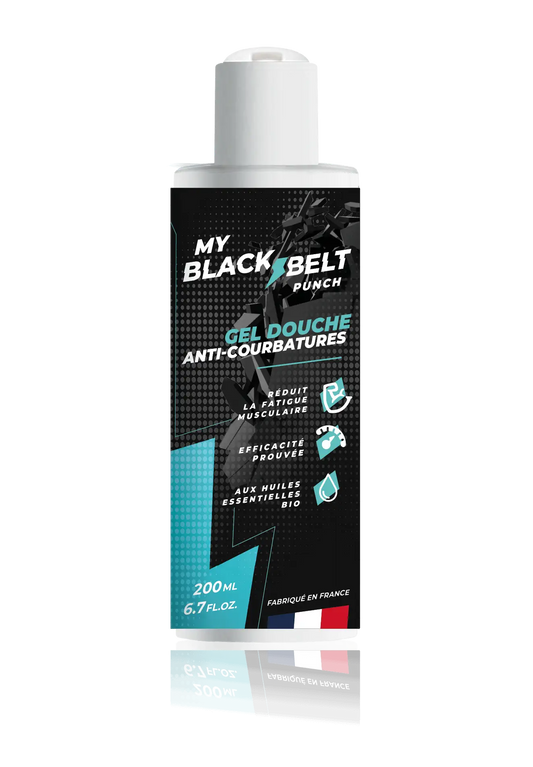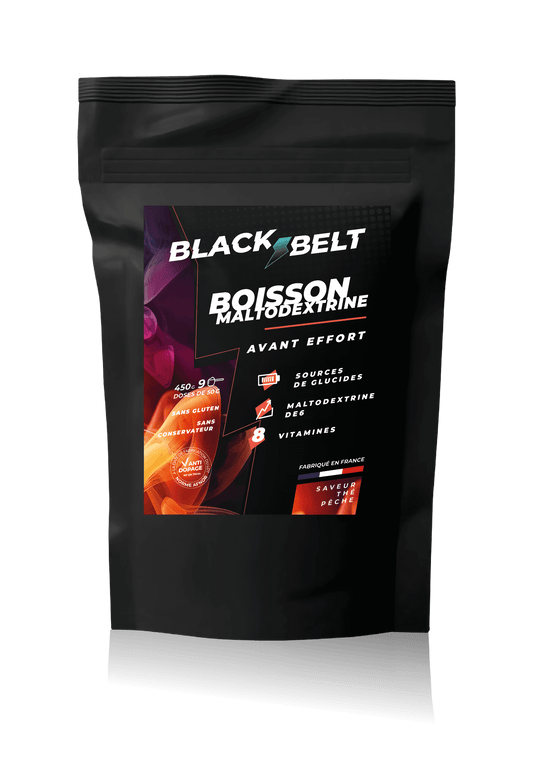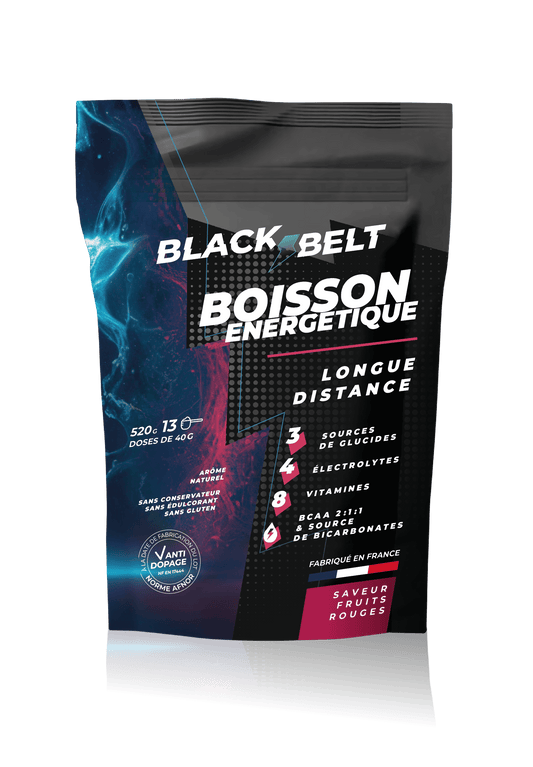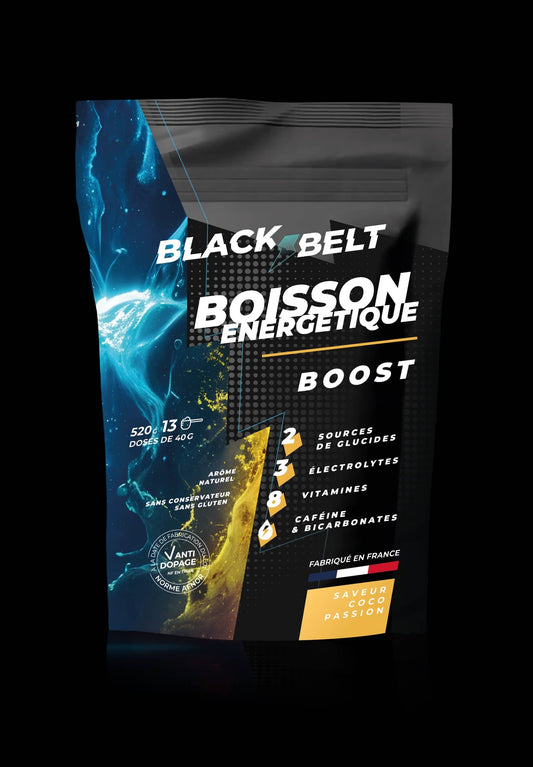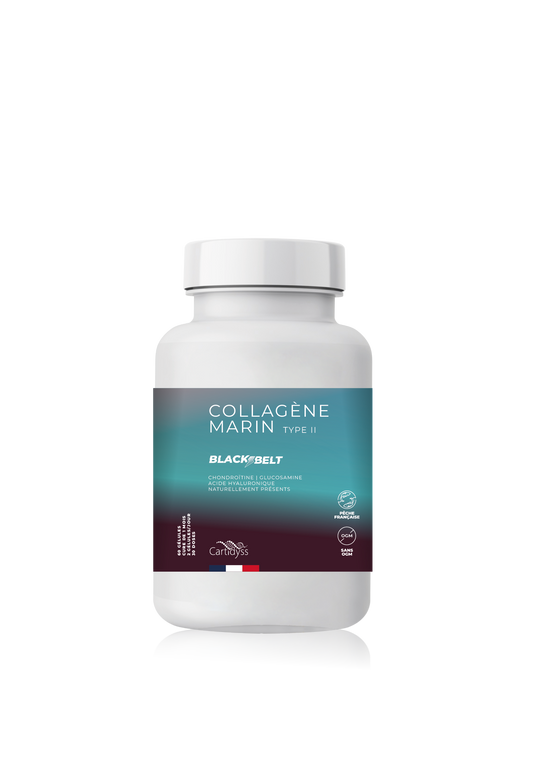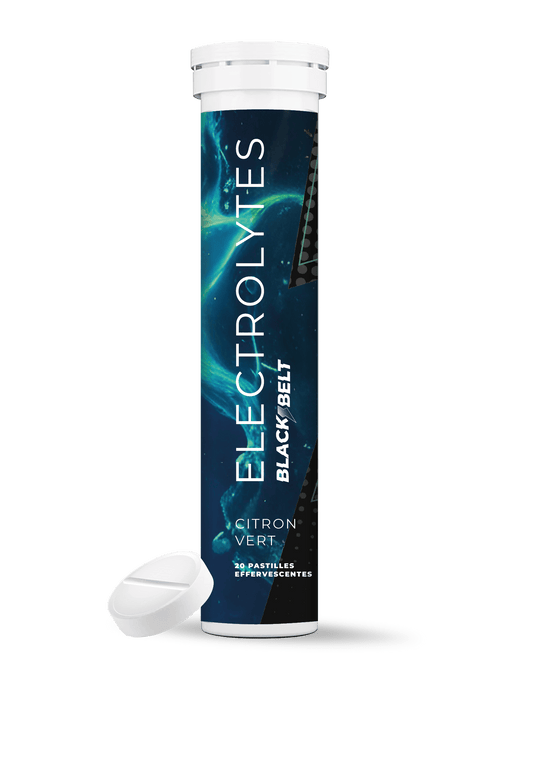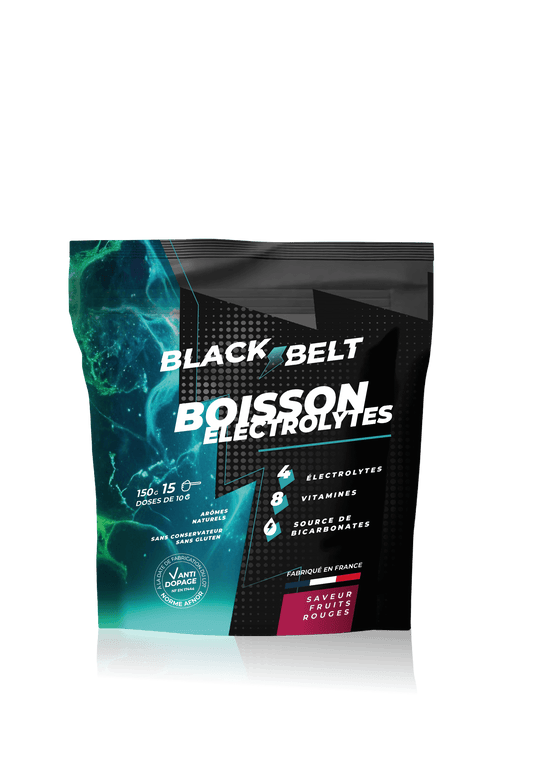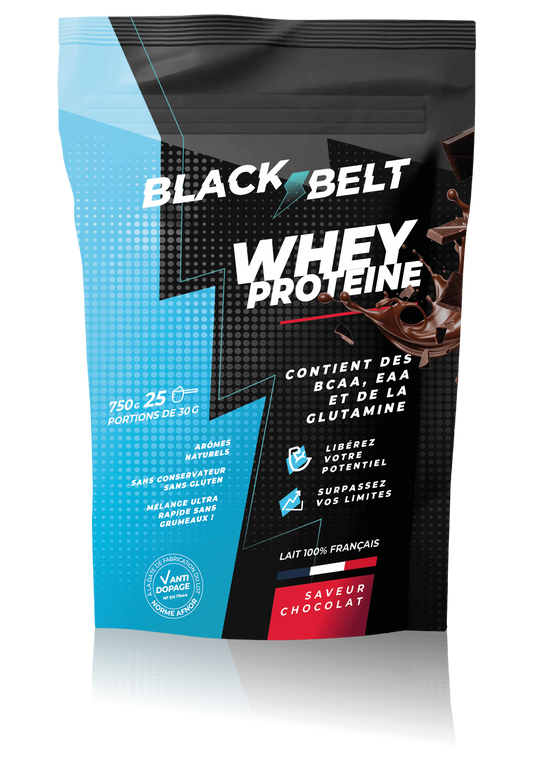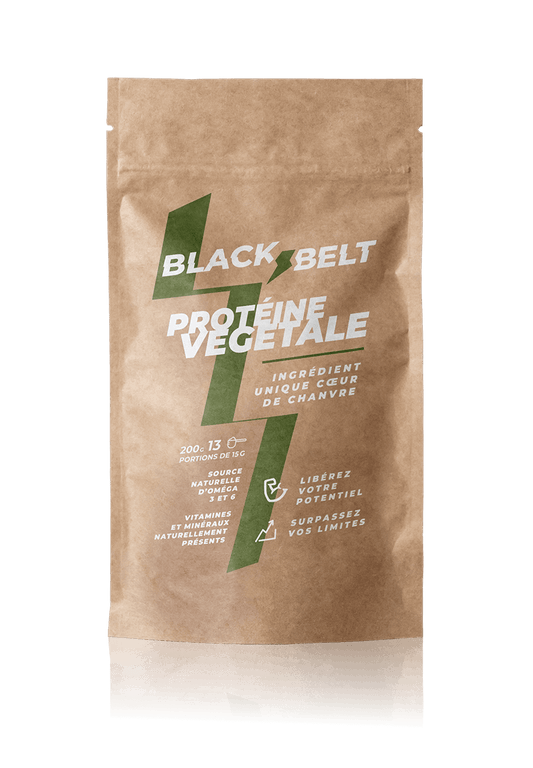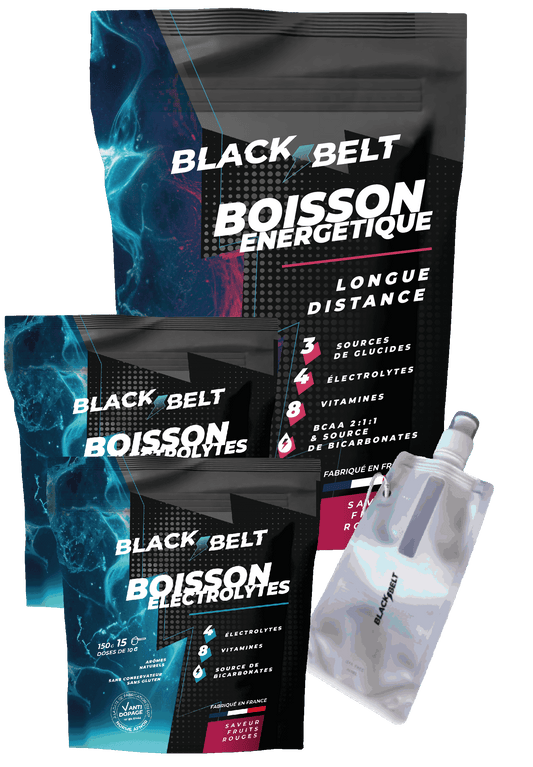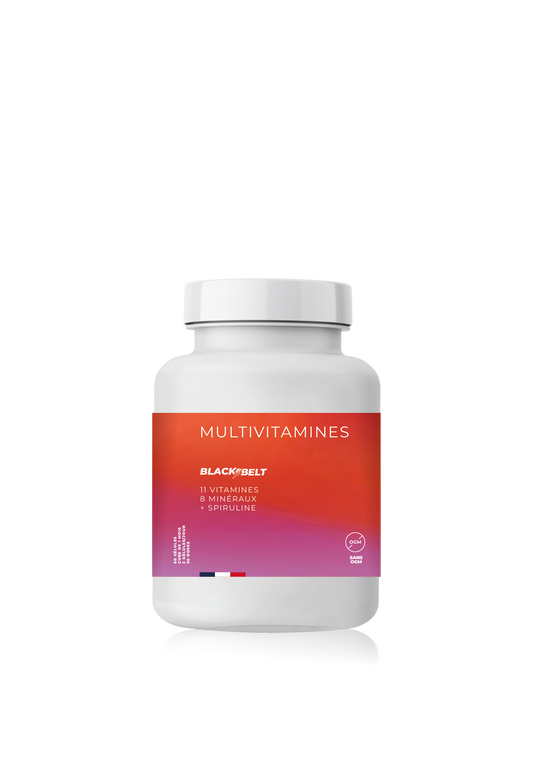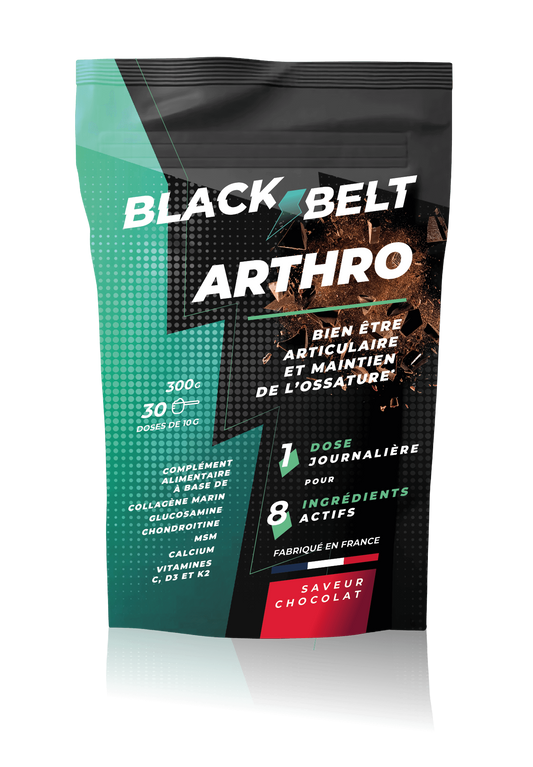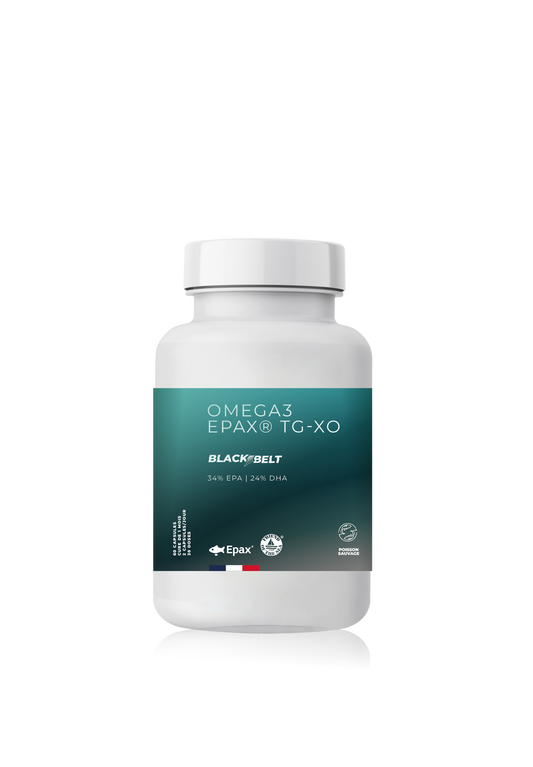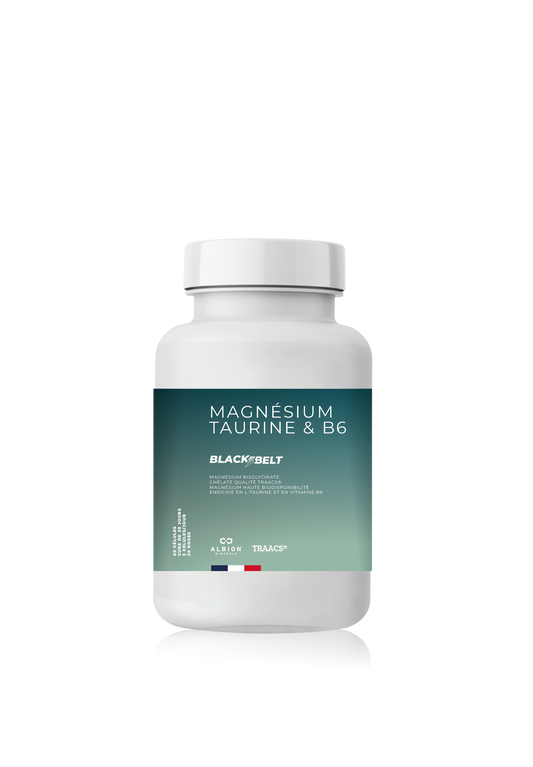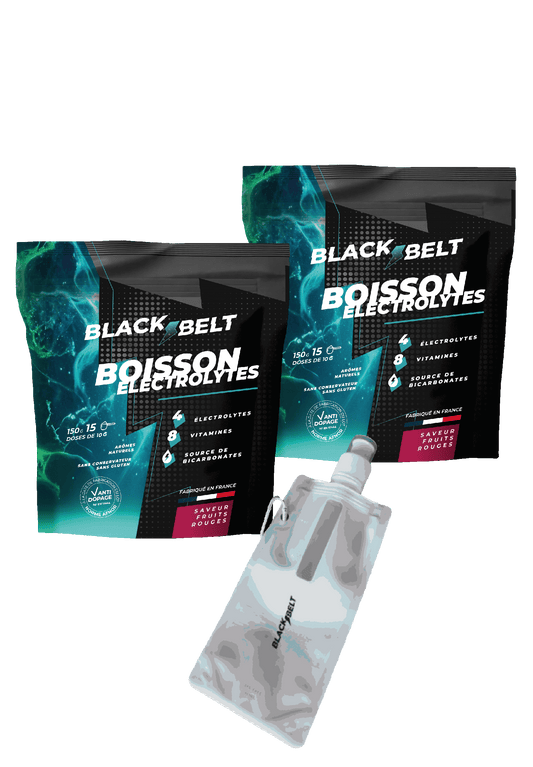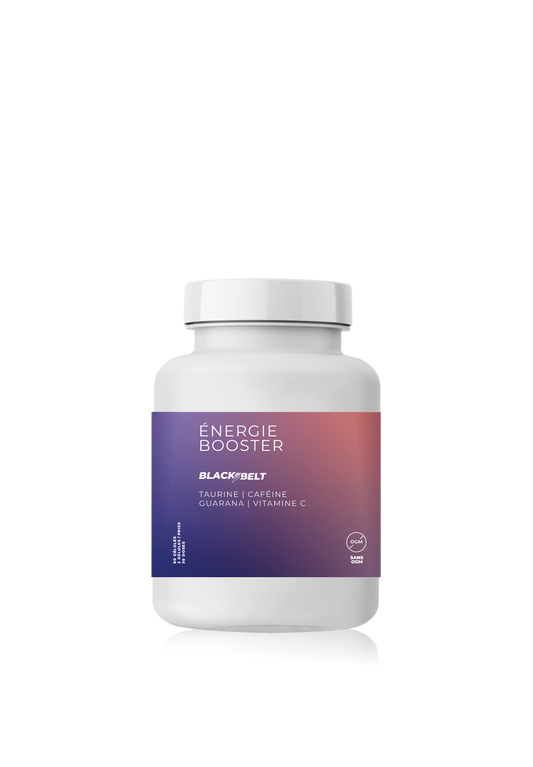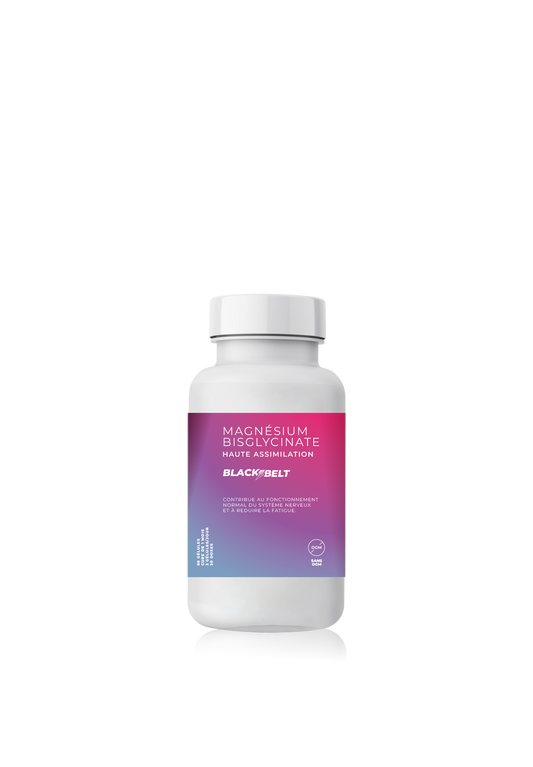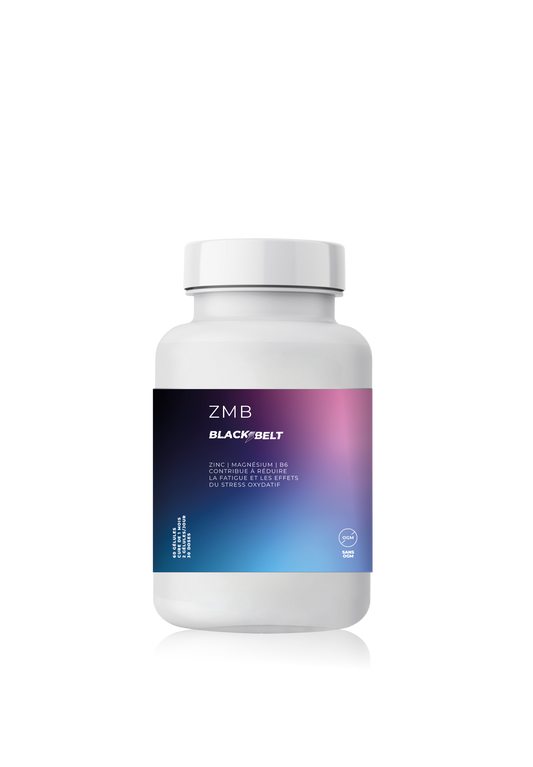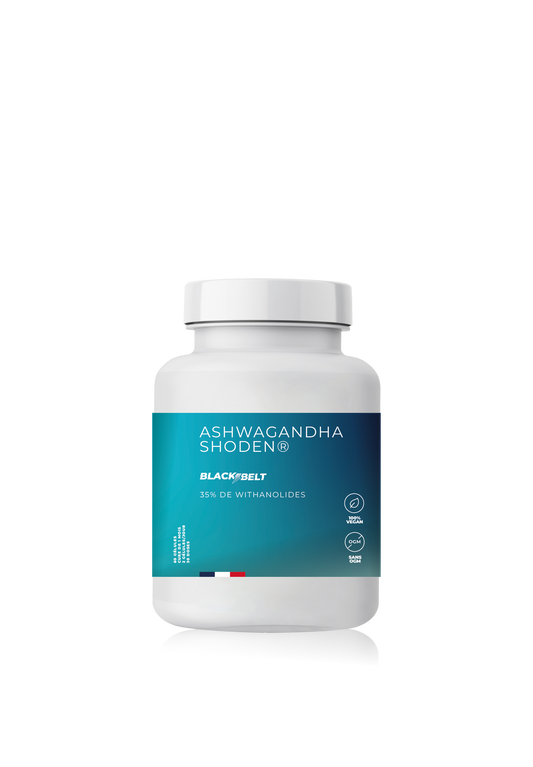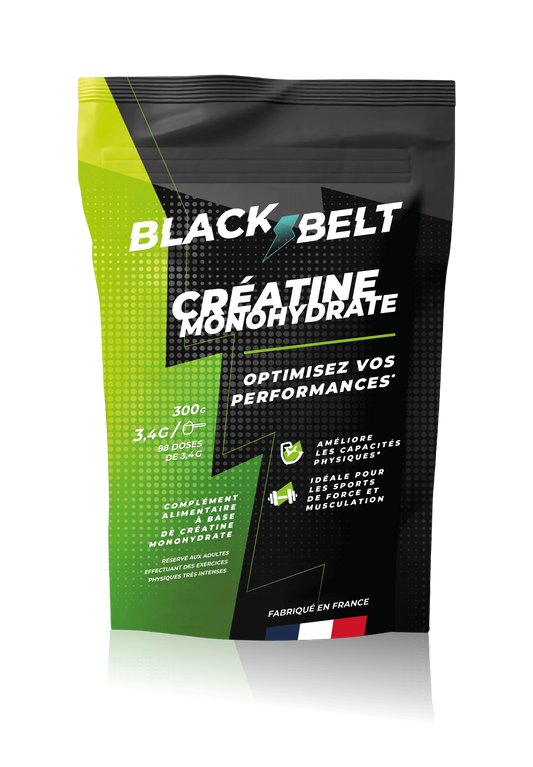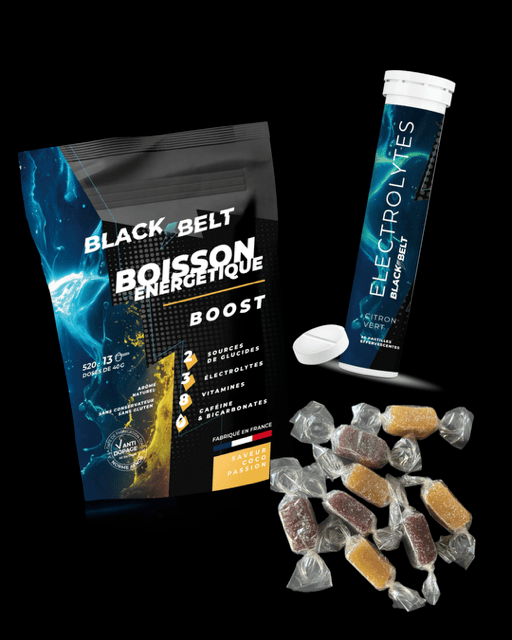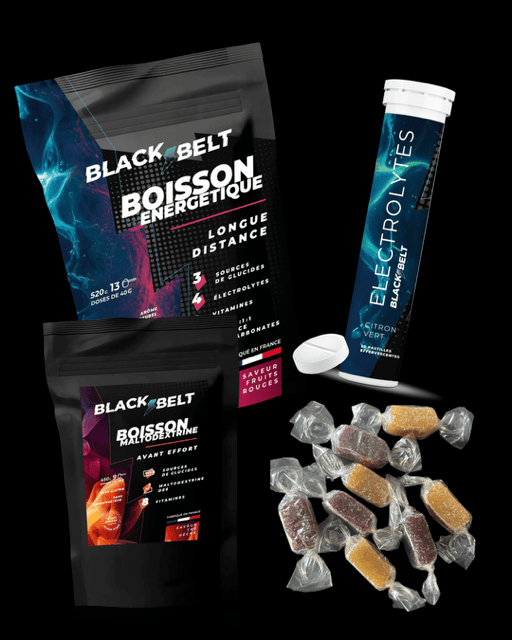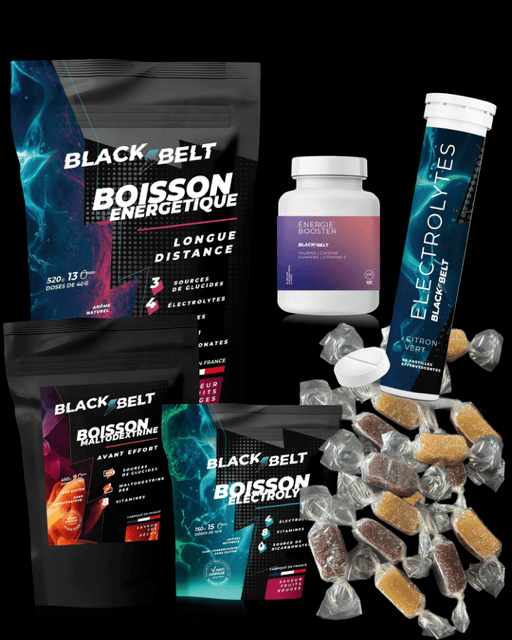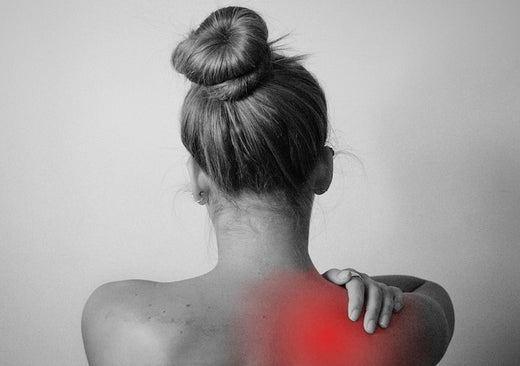
Does optimizing your recovery reduce the risk of injury?
Share
The issue of recovery after exercise is crucial for all athletes, whether amateur or professional.
But one question often comes up: does optimizing your recovery really reduce the risk of injury?
The answer is yes and is based on several scientific and practical aspects that we will explore in this article.
Understanding Recovery
Recovery refers to all the processes that allow the body to recover from physical exertion.
It includes repairing damaged muscle tissue, rehydrating, restoring energy stores and reducing mental and physical fatigue.
Optimal recovery allows the athlete to return to their previous level of performance, or even improve it.
The Benefits of Recovery on Injury Prevention
Repair of muscle microtraumas
During exercise, muscle fibers experience microtrauma.
Proper recovery, including sufficient protein intake and sleep, helps repair these micro-lesions.
Poor recovery leads to an accumulation of these traumas, increasing the risk of more serious injuries.
Restoration of energy reserves
Depletion of glycogen stores (muscle fuel) can lead to excessive fatigue, reducing the athlete's ability to maintain correct technique.
This increases the risk of compensatory movements and therefore injuries. Proper nutrition and active recovery help restore these reserves.
Reduction of neuromuscular fatigue
Neuromuscular fatigue affects coordination and proprioception, increasing the risk of false movements.
Sleep plays a crucial role in the recovery of neuromuscular functions, allowing full coordination and better muscle control to be regained.
Prevention of overtraining
Overtraining is a major cause of injury in athletes. It occurs when the intensity and volume of training exceeds the body's ability to recover.
By incorporating periods of rest and active recovery techniques (such as massage, hydrotherapy or stretching), it is possible to prevent this syndrome.
Techniques to optimize your recovery
Sleep
It is the pillar of recovery. Adequate quality sleep (7 to 9 hours per night) is essential for muscle regeneration and mental recovery.
Nutrition
A balanced diet, rich in macronutrients (proteins, carbohydrates, lipids) and micronutrients (vitamins, minerals), helps repair tissues and replenish energy reserves.
Protein consumption after exercise is particularly beneficial for muscle synthesis.
Hydration
Maintaining proper hydration helps prevent muscle cramps and injuries.
Water is essential for the transport of nutrients and the elimination of metabolic wastes.
Active recovery
Light activities like walking, low-intensity cycling, or dynamic stretching promote blood circulation, helping to eliminate accumulated toxins and provide nutrients needed for muscle repair.
Massages and cold therapy
Sports massages can help reduce muscle tension and improve circulation.
Ice baths or cold compresses can reduce inflammation and speed recovery.
Regular use of Blackbelt Punch shower gel
Its proven effectiveness in reducing muscle fatigue is an ally in optimizing your recovery.
Help like the Blackbelt Arthro food supplement
It will allow you to preserve your joints thanks to the collagen, chondroitin, glucosamine and MSM present in the supplement.
Conclusion
Optimizing your recovery is undeniably beneficial for reducing the risk of injury.






